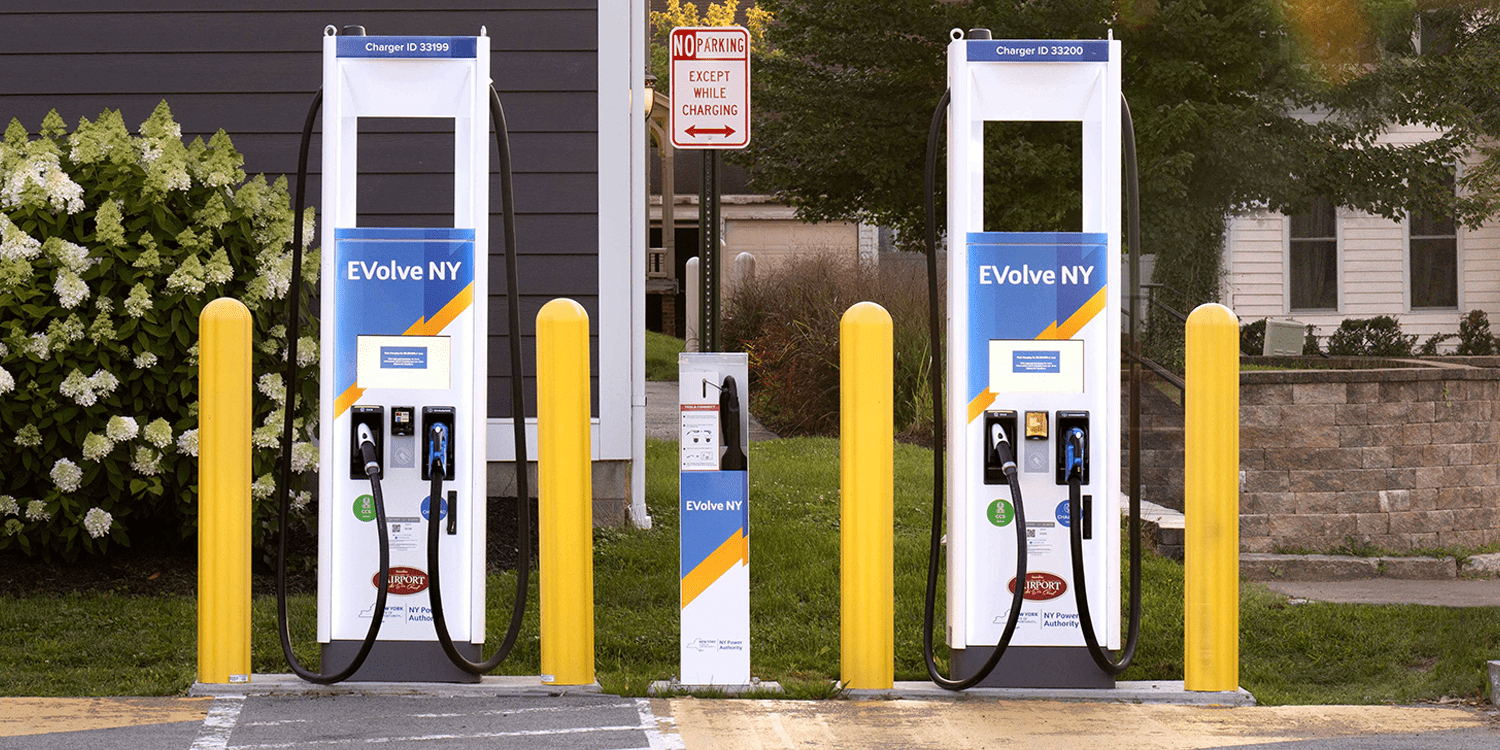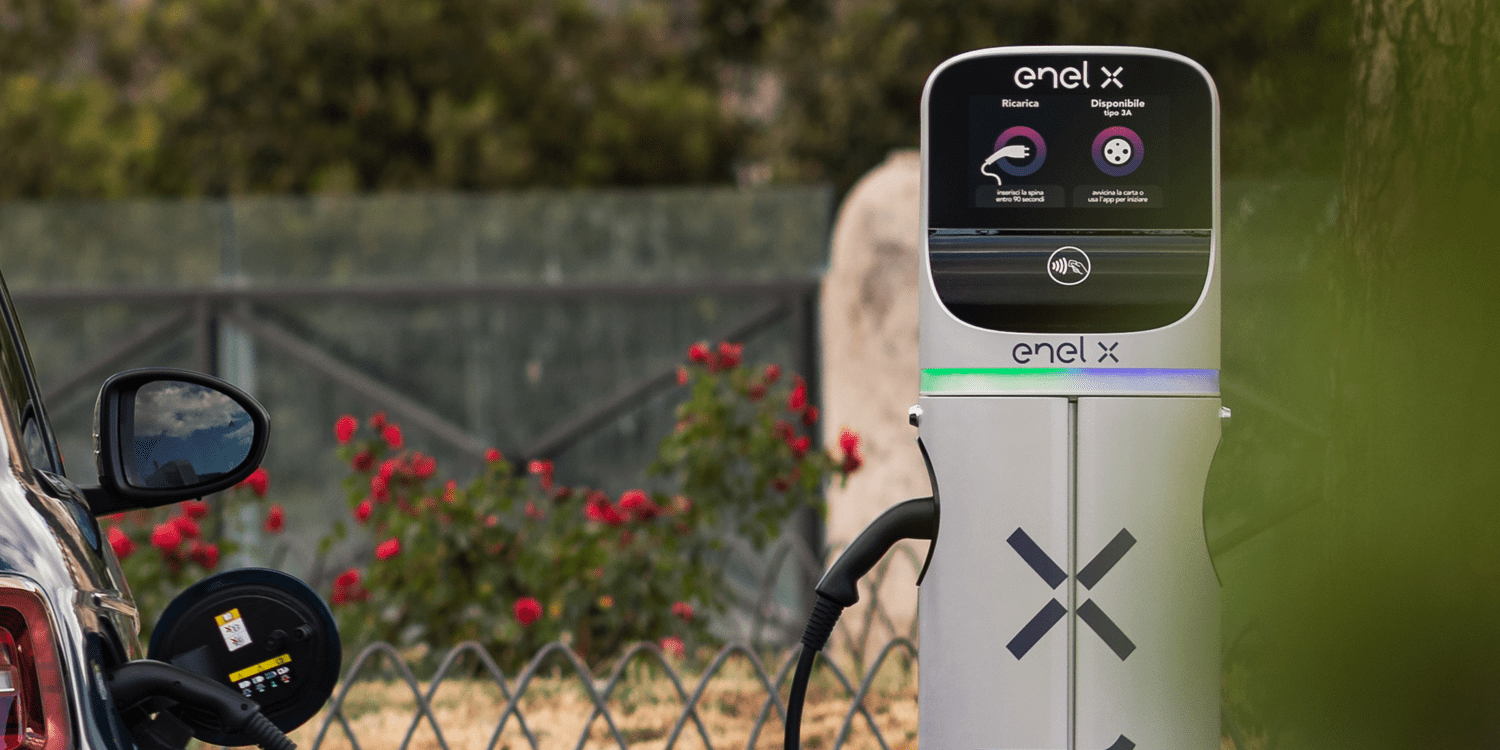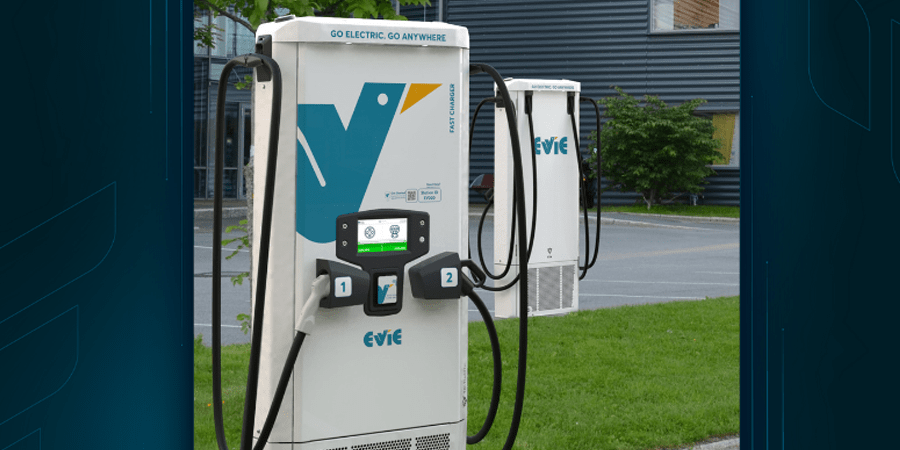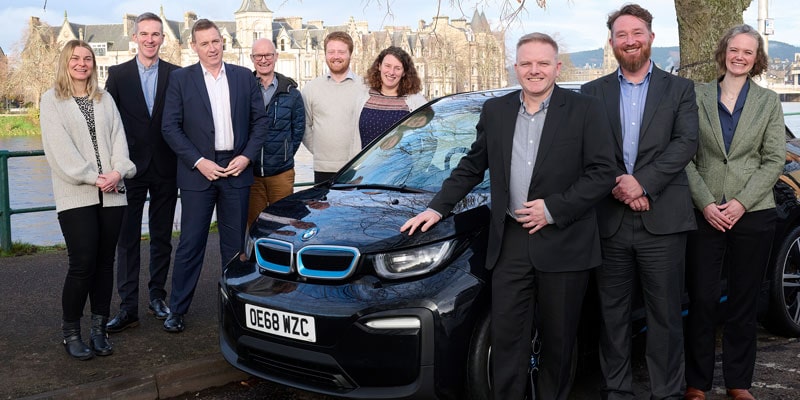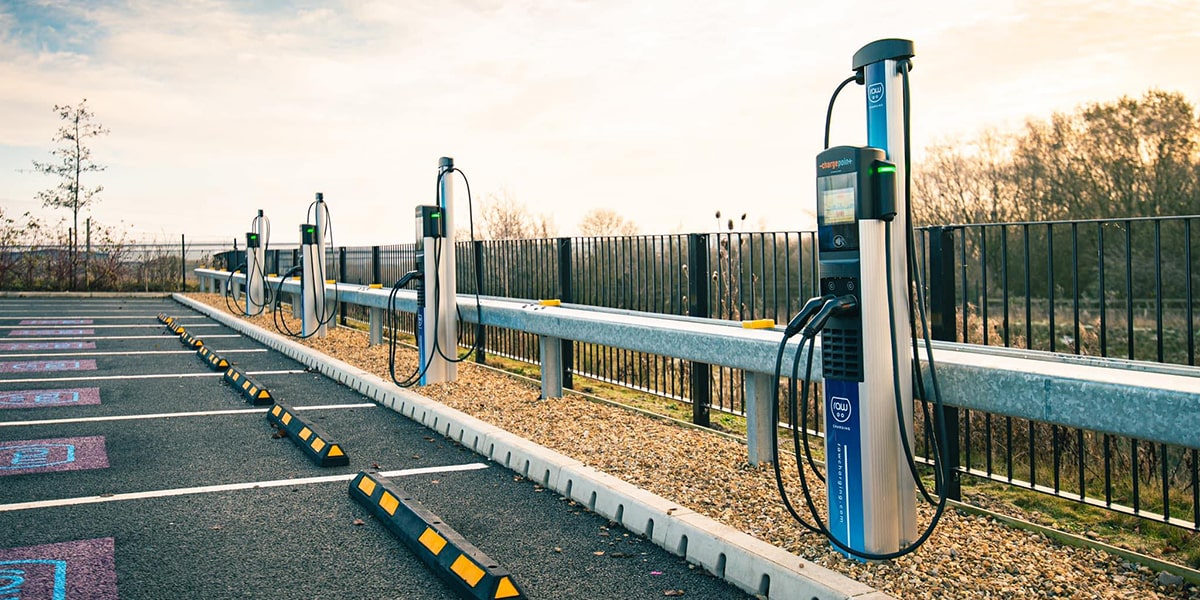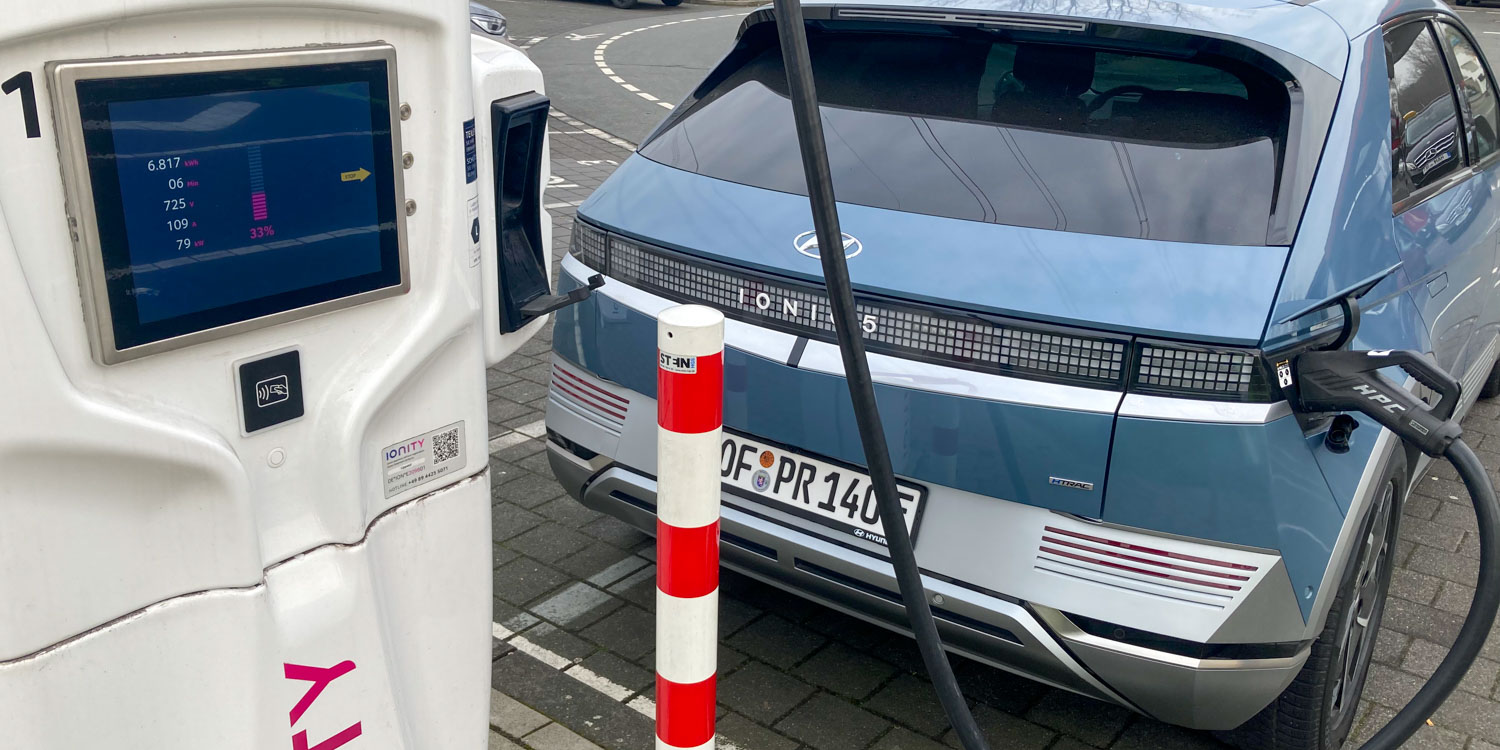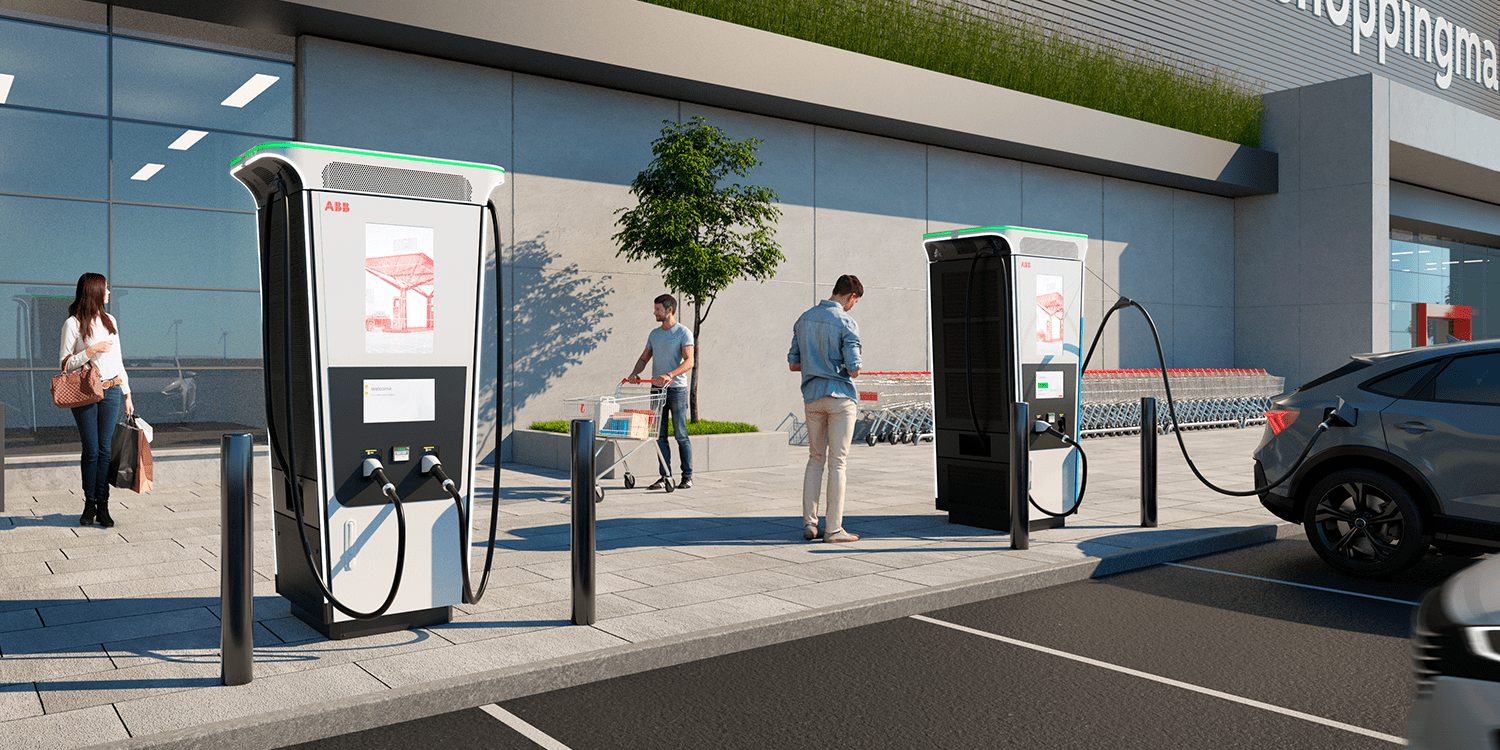New York State has allocated $8.3 million in funding towards the installation of 255 EV charging stations across 70 municipalities. The funding comes from the Department of Environmental Conservation’s Municipal Zero-Emission Vehicle Infrastructure Grant Program. Of the 255 charging stations, 28 will be DC fast-chargers, though the charging speed has not yet been specified by the state.
The remaining stations will be AC chargers with two Level 2 charging ports each. The state has also announced plans to install over 1,300 EV charging stations for its agency fleets within the next five years. New York is following California’s lead in phasing out diesel trucks ahead of the rest of the country and recently announced that all ride-hailing companies must be fully electric by 2030.
See also: General Motors’ Cruise Issues OTA Recall for 300 Robotaxis After Collision with Municipal Bus
“This funding will continue to grow New York’s electric vehicle charging network in communities as we shift to zero-emissions vehicles to reduce emissions and improve the health and safety of New Yorkers,” said Department of Environmental Conservation Commissioner Basil Seggos.
The state aims to convert its light-duty fleet to 100% zero-emission vehicles by 2035 as part of its wider EV infrastructure plan. More than 42% of the grant funding has been awarded to projects located in disadvantaged communities.
“Thanks to initiatives like the Municipal Zero-Emissions Vehicle Infrastructure grants, communities across New York State are taking bold action to protect the environment and tackle the climate crisis,” said New York Governor Kathy Hochul. “We will continue to invest in clean energy to improve the health and quality of life of New Yorkers and ensure a safe and sustainable future.
See also: Hamburg Adopts Mercedes-Benz eEconic as Electric Waste Collection Vehicle
Since the inception of the Municipal Zero-Emission Vehicle Infrastructure Grant Program in 2016, over $16 million has been awarded in rebates and grants. This includes the purchase of 114 plug-in hybrid vehicles, 182 all-electric vehicles, 1,076 Level 2 charging ports, 44 fast charge pedestals, and three hydrogen fuel cell filling nozzles. The program also offers subsidies for zero-emission fleet vehicles in the state.

